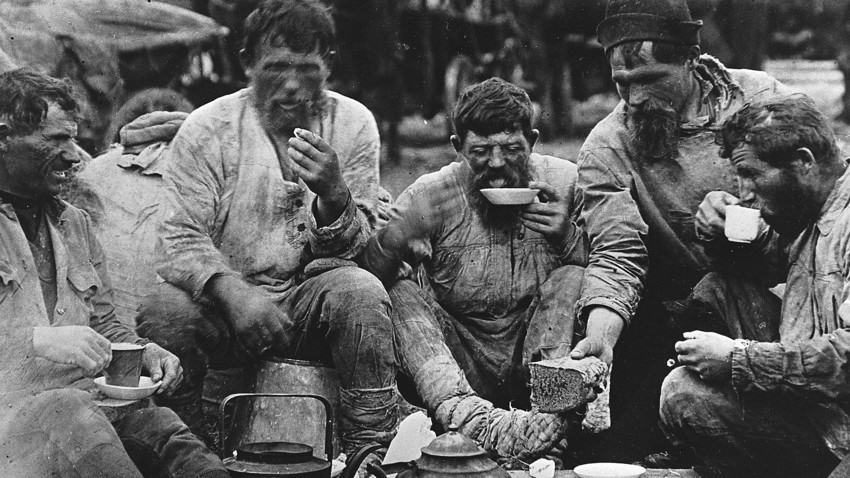
There were hundreds of thousands homeless people, mainly former peasants, roaming through the Russian Empire with no money or passports, begging for food and help.
Getty Images“Sitting at the tables of the eating-house, in the black smoke of the lamp and the tobacco, sad and tattered, speaking lazily to each other, listening to the wild howling of the wind, and thinking how they could get enough vodka to deaden their senses,” – that’s how Russian author Maxim Gorky described in his book, Creatures That Once Were Men, the life of Russian tramps in a small stinky
Though a fictional story, it’s an accurate description; Gorky used to live among the low classes and was familiar with their lives and habits. American journalist Josiah Flynt, however, went even further than Gorky.
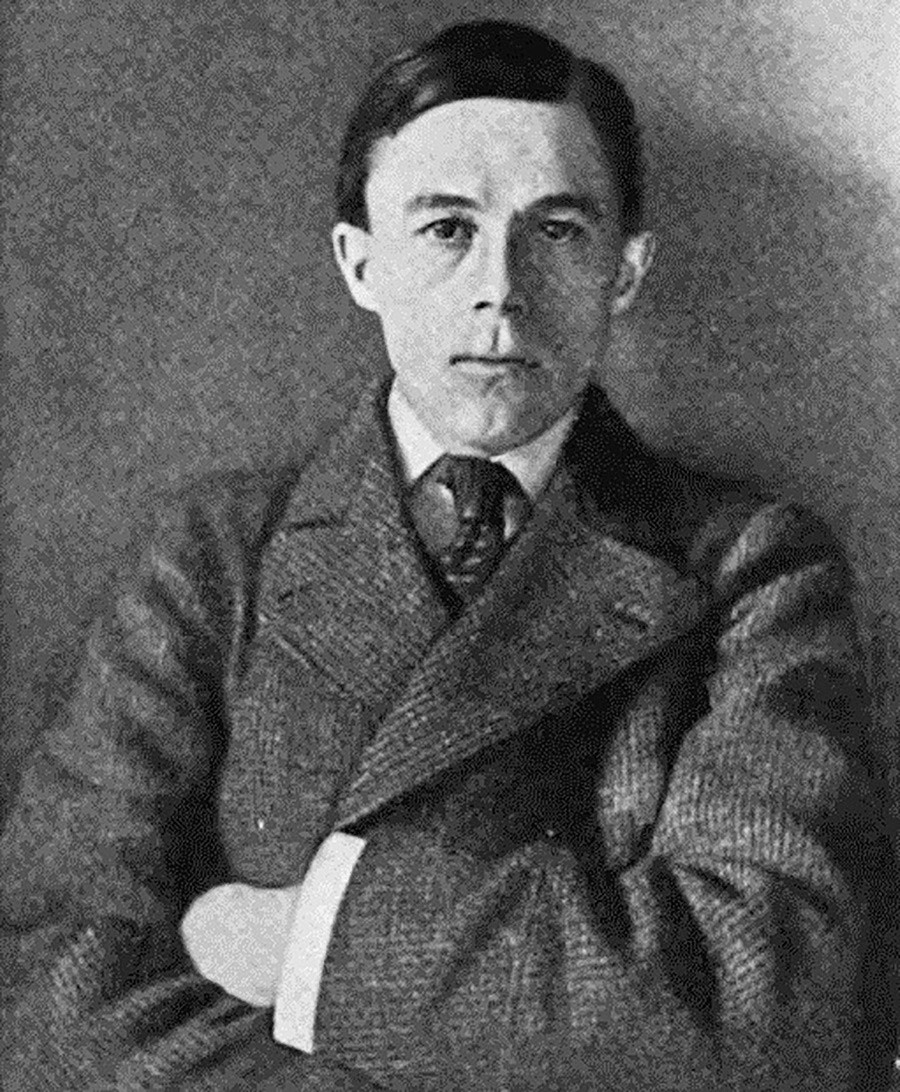
Josiah Flynt Willard, better known as Josiah Flynt (1869 - 1907), a reporter from Wisconsin.
Public domainIn 1897, Flynt crossed the Atlantic and went to Russia where he spent several months with the
“It was not my intention, in going to Russia, to tramp there,” Flynt later explained in his memoirs. Moreover, he was an acquaintance of writer Leo
The American befriended and joined a random group of tramps wandering and begging for money and food in the province of Vitebsk (now Belarus). “We met two hundred [vagabonds] traveling in bands and families,” Flynt recalls.
Everyone wondered where he was from, and the answer would always stump them: “America… America?” they would say perplexed. “What Russian province is that in?” For these people, life beyond their vast empire was hardly imaginable.
Who were the people that Flynt traveled with? He claimed there were as many as 900,000 tramps just in the European part of the Russian Empire. Most were once peasants, and with the onset of industrialization they moved to big cities to find work
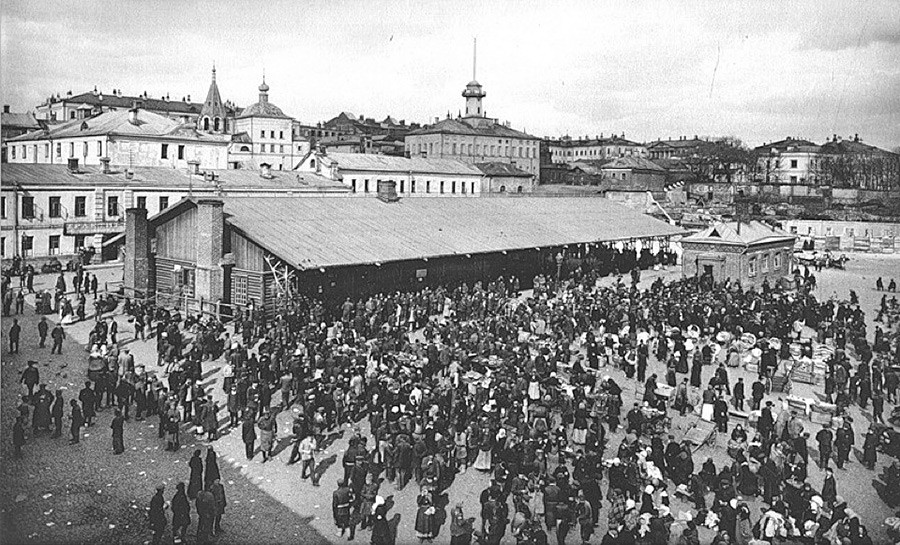
Khitrovka district, the infamous place in Moscow full of dosshouses where both criminals and homeless lived (sometimes it was hard to tell who was who).
Public domainStill, “beggars can buy false passes that the police can’t detect,” Flynt wrote. This made it even harder for officials to determine the number of homeless wandering the country – who sometimes moved from village to village, sometimes “settling” in dirty dosshouses in big cities. According to Vladimir Gilyarovsky, a Russian writer and reporter, the infamous Moscow district of Khitrovka alone had 10,000 vagrants “huddling” in dosshouses, with tens of thousands more in other cities.
Some were criminals, especially in big cities. When describing Khitrovka, Gilyarovsky wrote: “The authorities often found the bodies of those killed and robbed of all their clothes.” Prostitution, theft
Nevertheless, the vast majority of vagabonds who Flynt met during his journey were relatively peaceful. “For a people so degraded they [Russian tramps] are phenomenally sweet-tempered,” he mentioned. They spent days
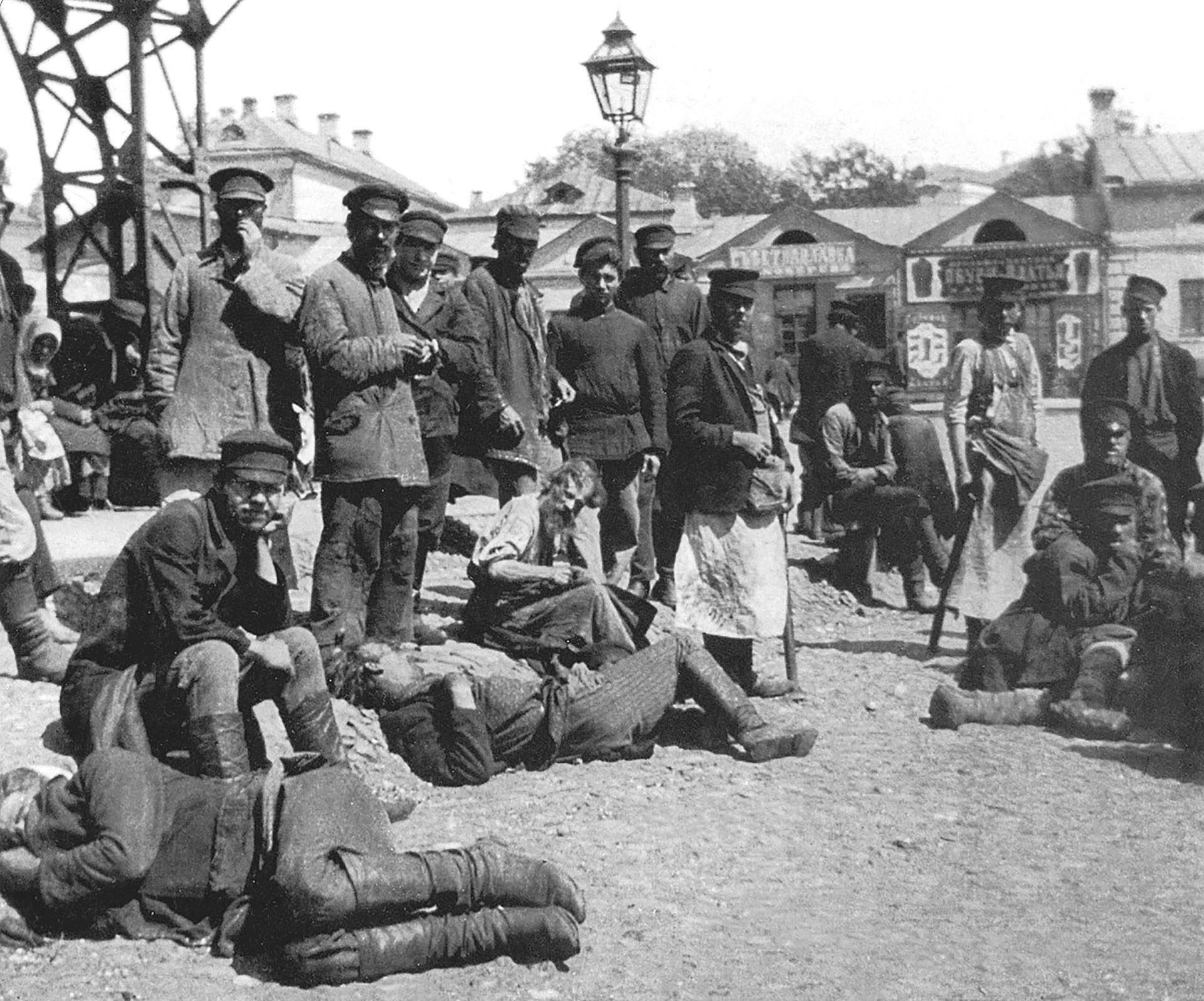
Folks from the Khitrov market (Moscow) - typical vagabonds of the late 19th - early 20th centuries.
Public domain“I could have stopped for days in every village I passed through,” Flynt recalled. “The own life of peasants is so hard that it comes
Both writers and journalists mention vodka as the main evil that seduced Russian peasants and vagabonds, hindering any real desire to rise above their situation. Gorky’s heroes only dream of a better
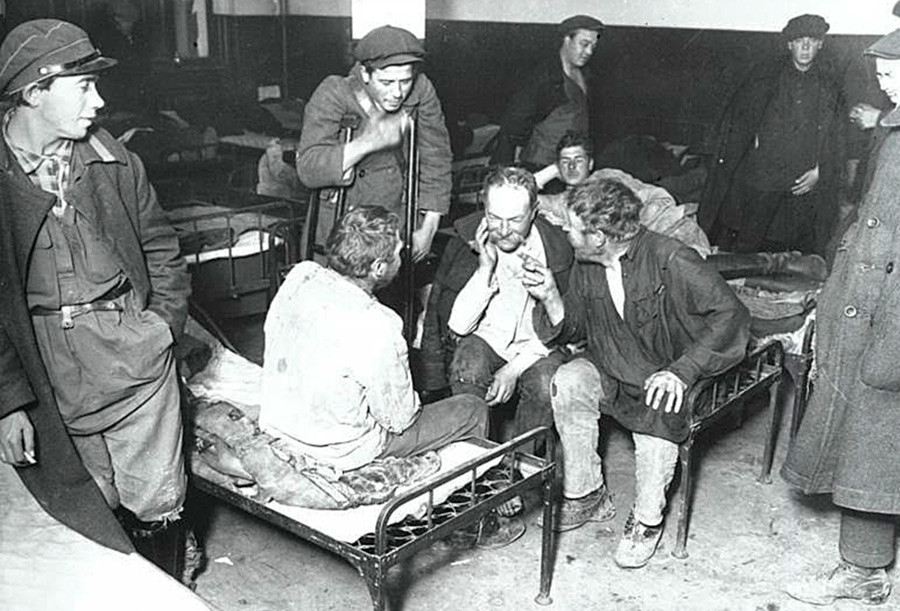
Inside a typical dosshouse.
Semyon Fridland / russiainphoto.ruReal-life tramps followed the same pattern, as Flynt witnessed: “Two thirds could be made respectable men and women if they were free of their passion for drink.” While describing a “party” which his familiar tramps participated in, he wrote about “an uproarious night spent in drinking vodka... When the last drop is gone, they fall over on their planks senseless, and to see them in this condition makes one fancy he is looking on in a morgue.”
Flynt himself suffered from heavy drinking, and ten years after his visit to Russia he died of pneumonia brought on by alcoholism. Nevertheless, he had finished and published Tramping With Tramps, leaving behind portraits of low-life people from many countries. And Russian vagabonds were among them.
Unfortunately, there still are people having nowhere to go in Russia, left without
If using any of Russia Beyond's content, partly or in full, always provide an active hyperlink to the original material.
Subscribe
to our newsletter!
Get the week's best stories straight to your inbox